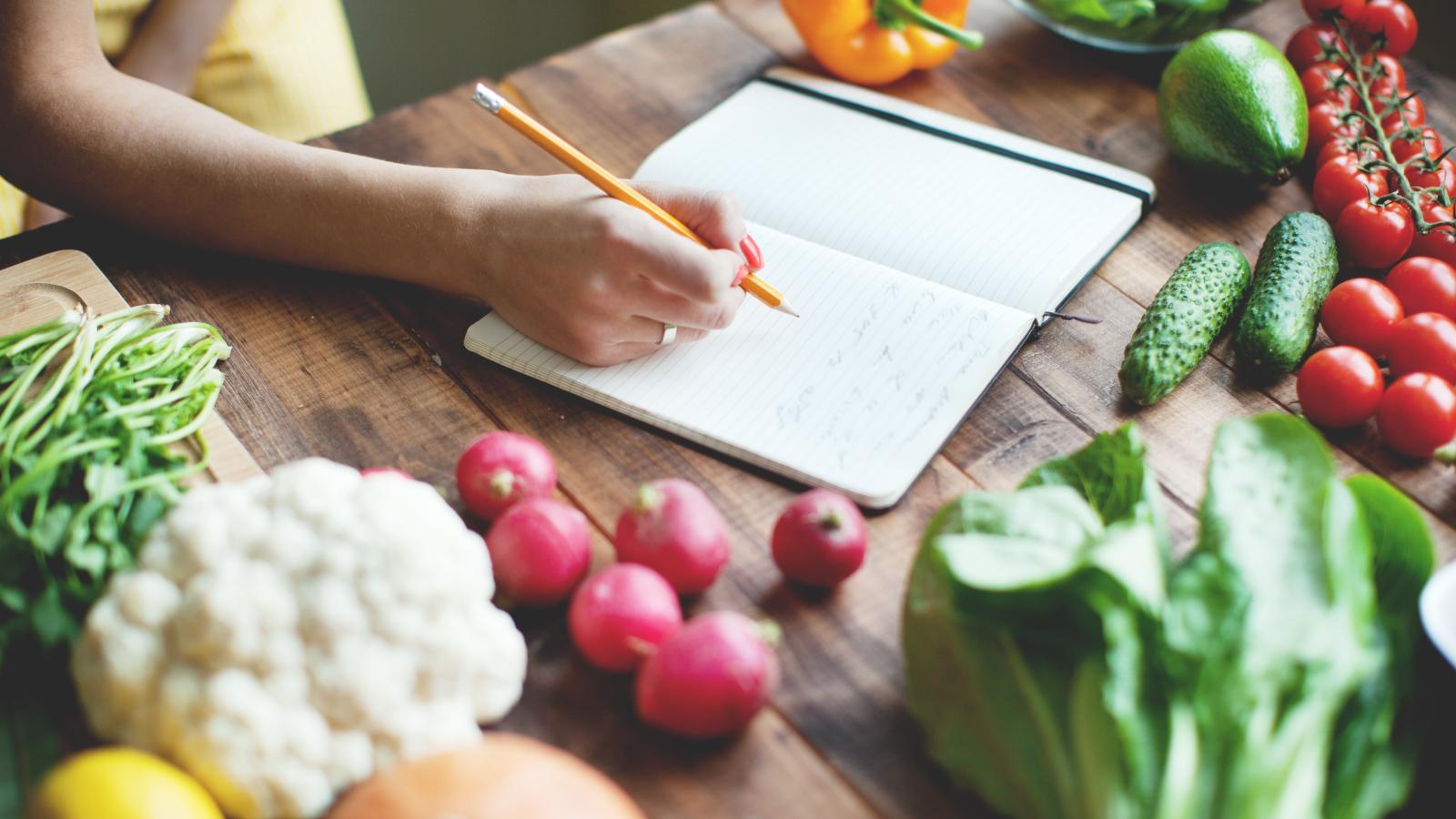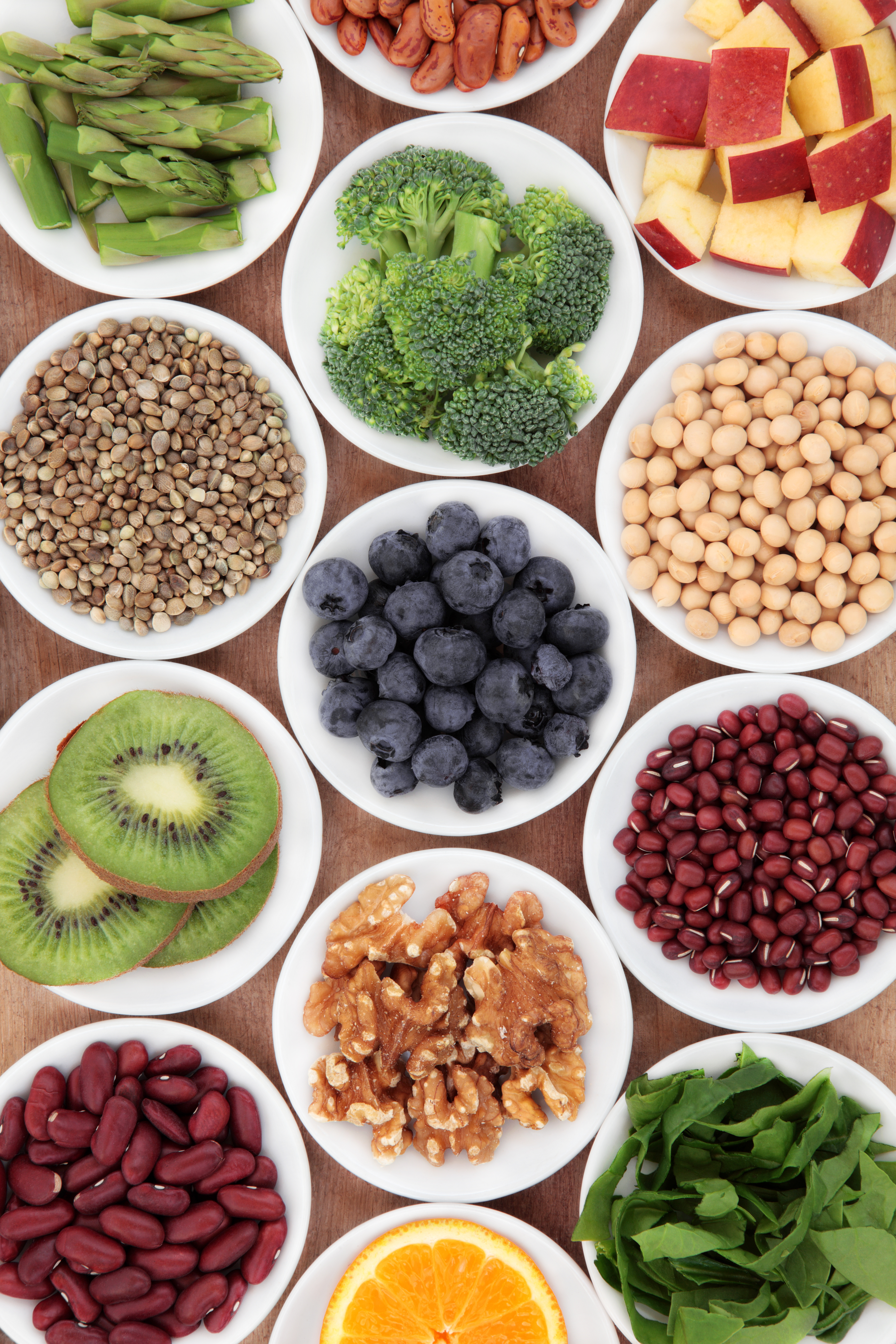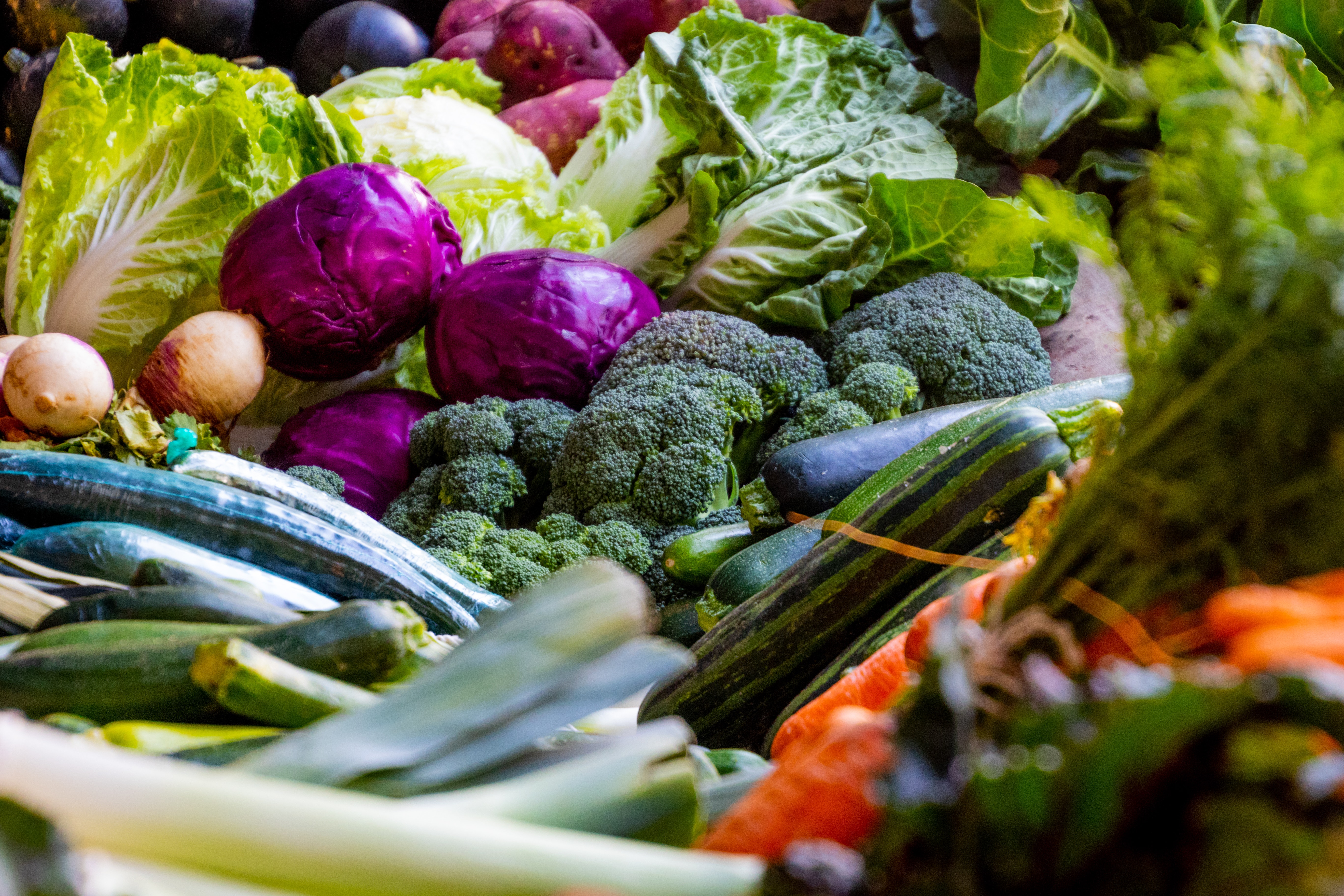Your diet after cancer treatment

Once your treatment is over, you may still have some eating difficulties. We have tips on coping with different eating difficulties.
Try to talk to your medical team about your diet before you’re discharged or at your follow-up appointments. Ask for a name and phone number so you know who to contact if you have any worries at home. Ask the medical social worker in your hospital to arrange a home help for you if you live alone and feel you will need extra support.
Some local cancer support centres have sessions where you can learn more about diet and nutrition. See more about support in your area.
A balanced diet
Some people find it takes a little time before they can get back to normal eating. But it’s important to eat as well as you can. A well-balanced diet can help you to recover faster, feel well and reduce your risk of illness.
Preparing meals
It may take some time before you feel more like yourself. Don’t worry if you don’t feel like cooking home-cooked meals straight away.
- Make simple meals using easy-to-prepare recipes.
- Buy some prepared foods like grated cheese or peeled and chopped vegetables to make cooking easier.
- Stock up on healthy snacks. For example, salads, cheese portions, yogurts, nuts and seeds, fruit, baked beans, smoothies, soups.
- Buy foods you are able to eat even when ill.
- Cook enough for two or three meals. You can freeze any extra if you have a freezer.
- Buy healthy ready-made meals, frozen meals and takeaways for when you don’t feel like cooking. For example, soup, salads, stir-fries, fish pie, stews, pasta bakes, curries. Look for meals that include plenty of vegetables and protein. Avoid meals with a lot of additives, fat or salt.
- Don’t be afraid to ask a friend or family member for help with cooking or shopping.
For more information
Phone
1800 200 700



